Audio research news
New look at lampreys rewrites textbooks on origins of sympathetic nervous system
Sympathetic neurons pepper the embryos of the jawless fish—Earth’s first vertebrates—and overturn the idea that “fight or flight” was an innovation of jawed vertebrates.
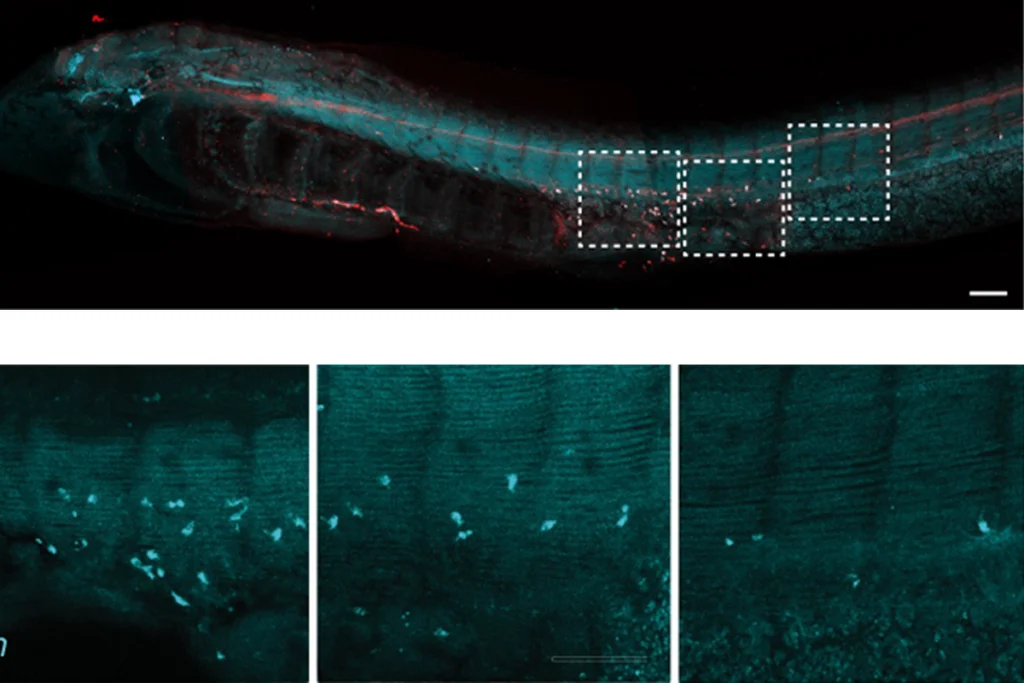
New look at lampreys rewrites textbooks on origins of sympathetic nervous system
NIH seeks input on how structural racism affects brain research, health
The feedback could lead to “novel ways” to conduct studies and reduce health disparities, a National Institutes of Health employee says.
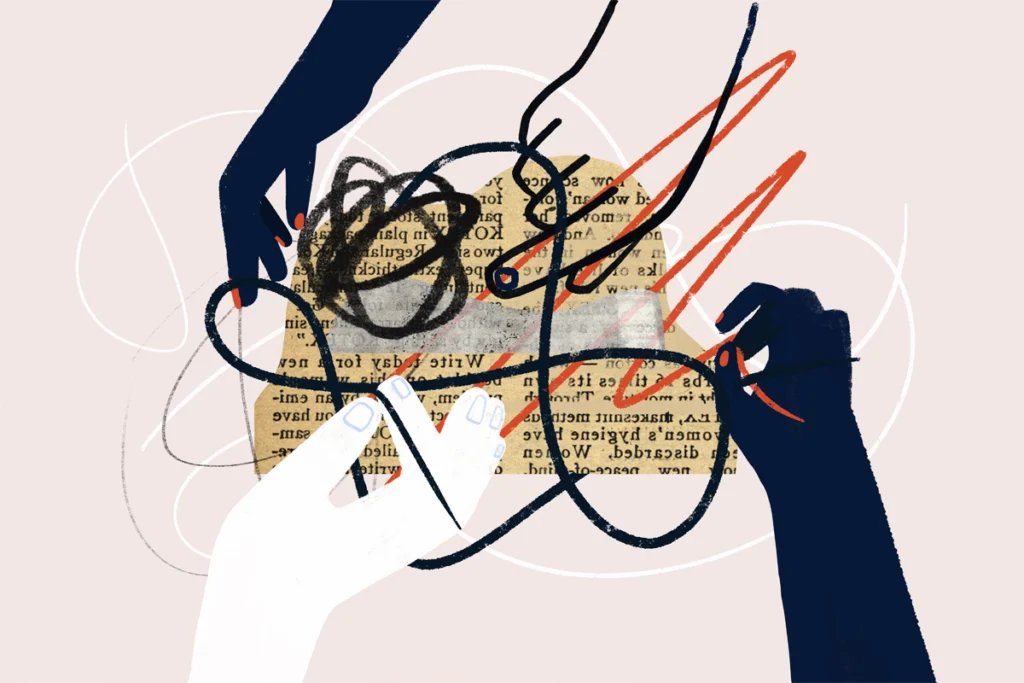
NIH seeks input on how structural racism affects brain research, health
FDA describes ‘objectionable conditions’ at New York State Psychiatric Institute
The facility’s institutional review board failed to report a 2021 incident and “serious and ongoing noncompliance” by a principal investigator, according to a letter released by the federal agency this week.

FDA describes ‘objectionable conditions’ at New York State Psychiatric Institute
Autism subgroups converge on cell growth pathway
Faulty mTOR signaling, implicated in syndromic forms of autism, also hinders cells grown from people with idiopathic autism or autism-linked deletions on chromosome 16.
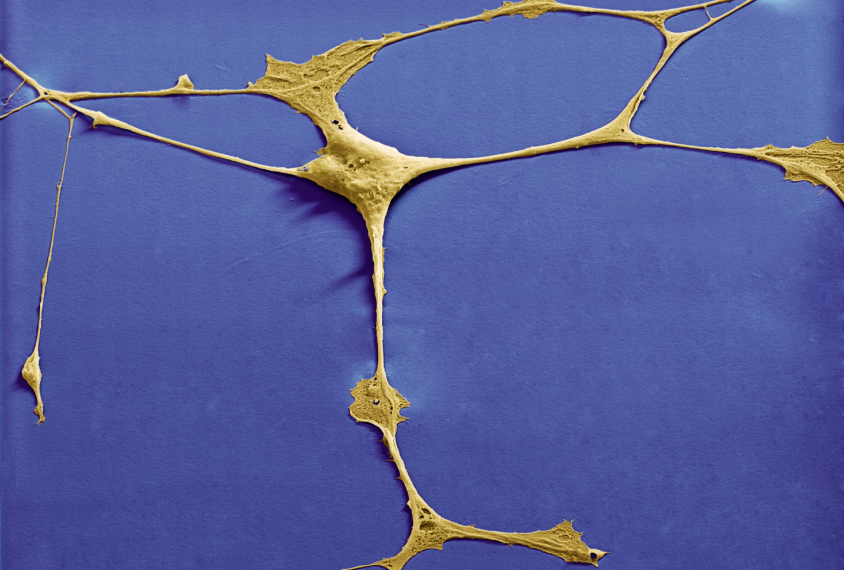
Autism subgroups converge on cell growth pathway
Breaking down the winner’s curse: Lessons from brain-wide association studies
We found an issue with a specific type of brain imaging study and tried to share it with the field. Then the backlash began.
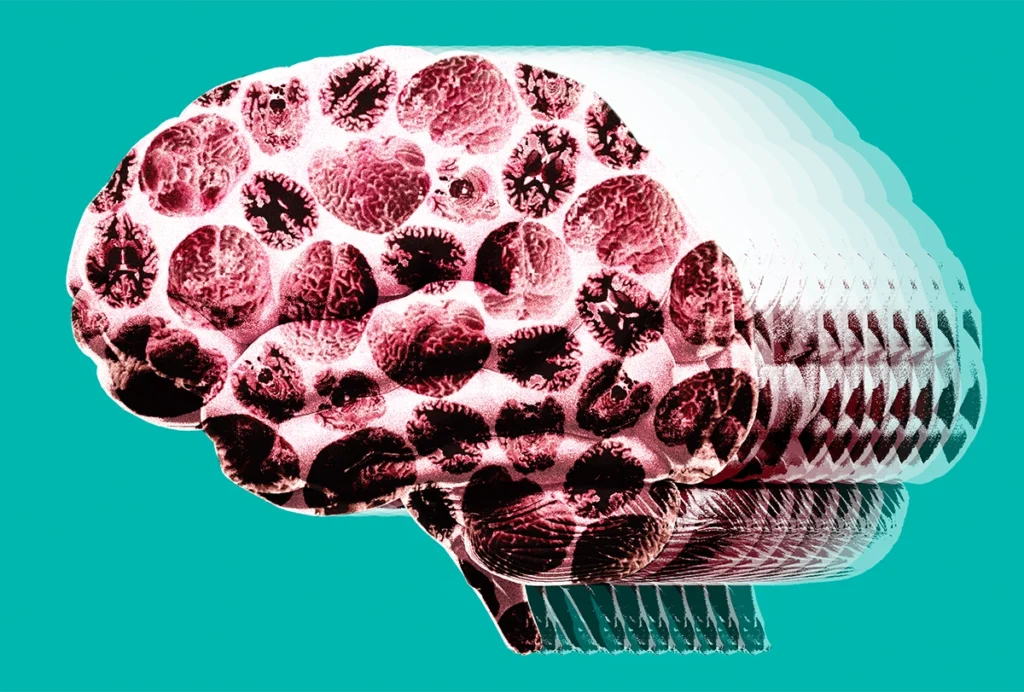
Breaking down the winner’s curse: Lessons from brain-wide association studies
Wild and free: Understanding animal behavior beyond the lab
Technological advancements have made it possible to study animals in more natural settings, but researchers are debating what that really means and whether natural is always better.
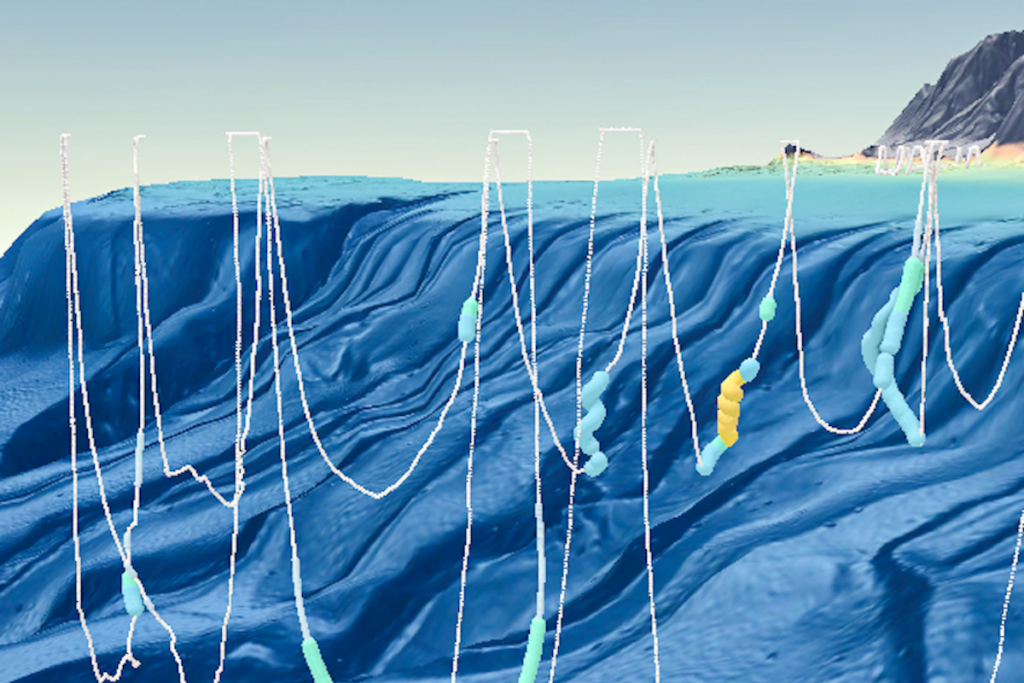
Wild and free: Understanding animal behavior beyond the lab
Knowledge gaps in cephalopod care could stall welfare standards
The U.S. National Institutes of Health wants to regulate research involving cephalopods. But there aren’t enough rigorous studies to base the regulations on, veteran cephalopod researchers say.
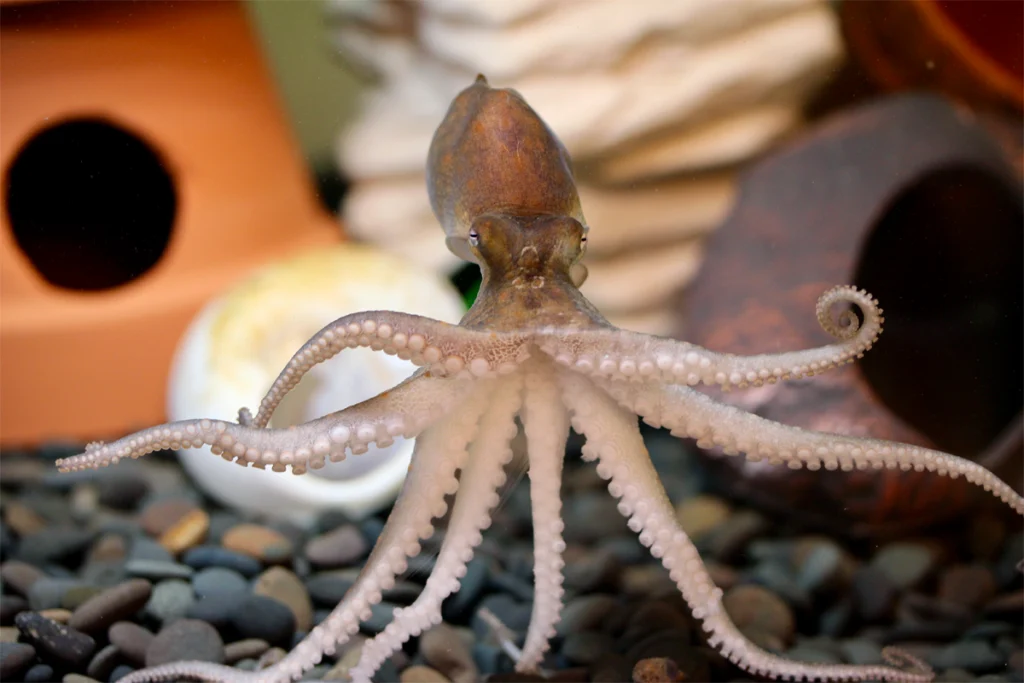
Knowledge gaps in cephalopod care could stall welfare standards
Nobel Prize winner Thomas Südhof retracts study
The retraction follows an editorial expression of concern that the journal applied to the paper in October, seven months after it was published in the Proceedings of the National Academy of Sciences.

Nobel Prize winner Thomas Südhof retracts study
Newly found hypothalamus circuits shape bullying behaviors in mice
Activity in the tiny brain region helps submissive rodents learn to avoid aggressors, and aggressive mice to curb their attacks, according to two recent studies.
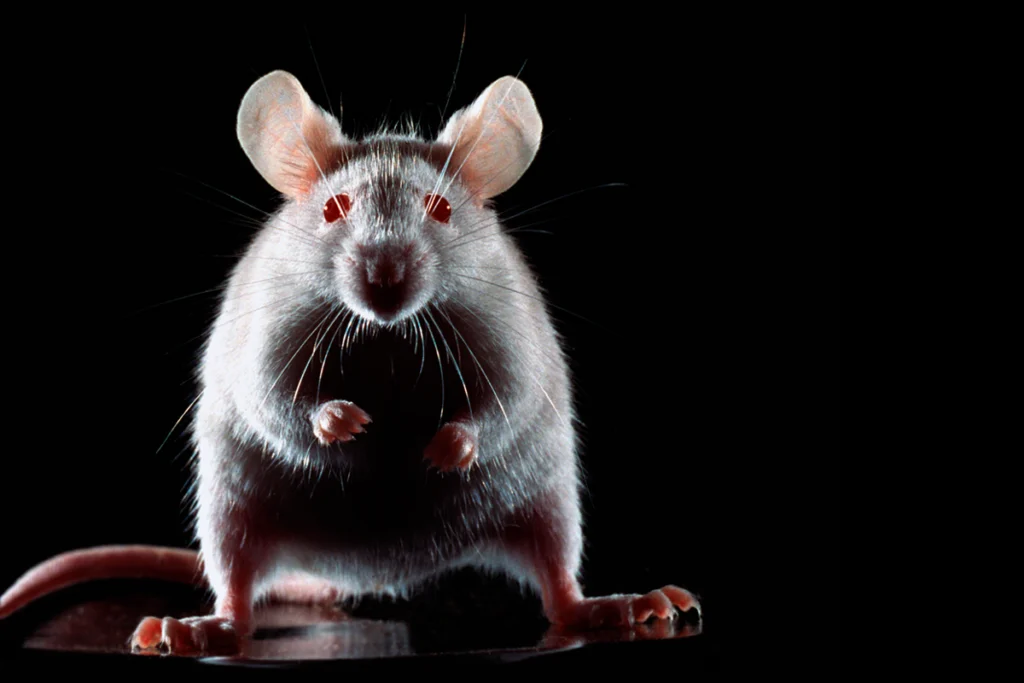
Newly found hypothalamus circuits shape bullying behaviors in mice
Maiken Nedergaard’s power of disruption
The award-winning researcher’s discoveries have changed the way we think about the brain; that’s exactly what her critics dislike.
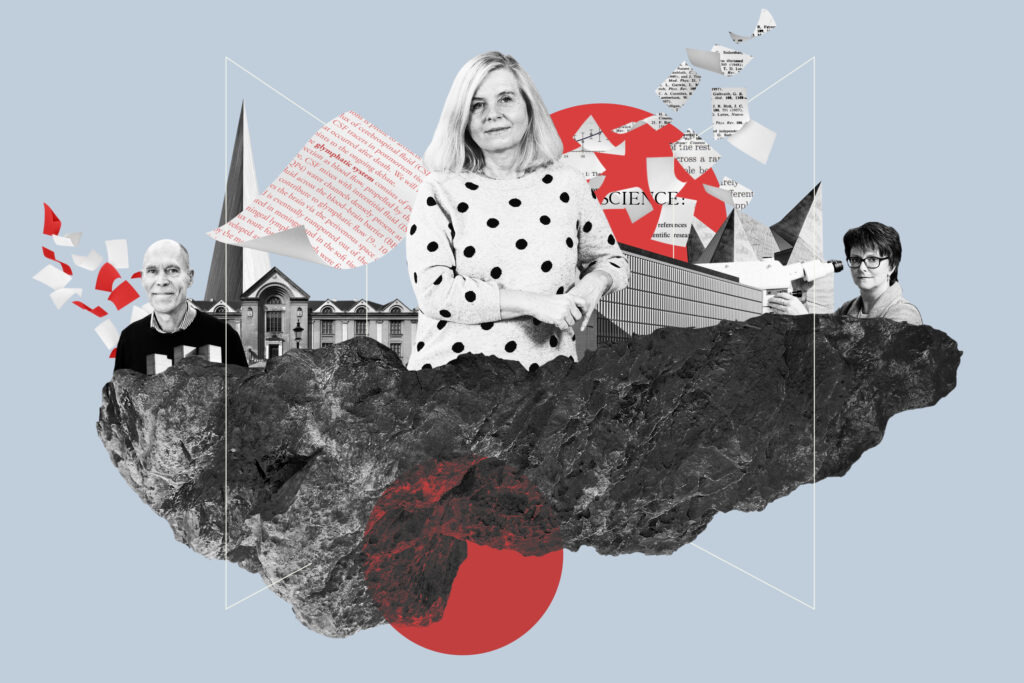
Maiken Nedergaard’s power of disruption
Explore more from The Transmitter
X chromosome inactivation; motor difficulties in 16p11.2 duplication and deletion; oligodendroglia
Here is a roundup of autism-related news and research spotted around the web for the week of 6 May.
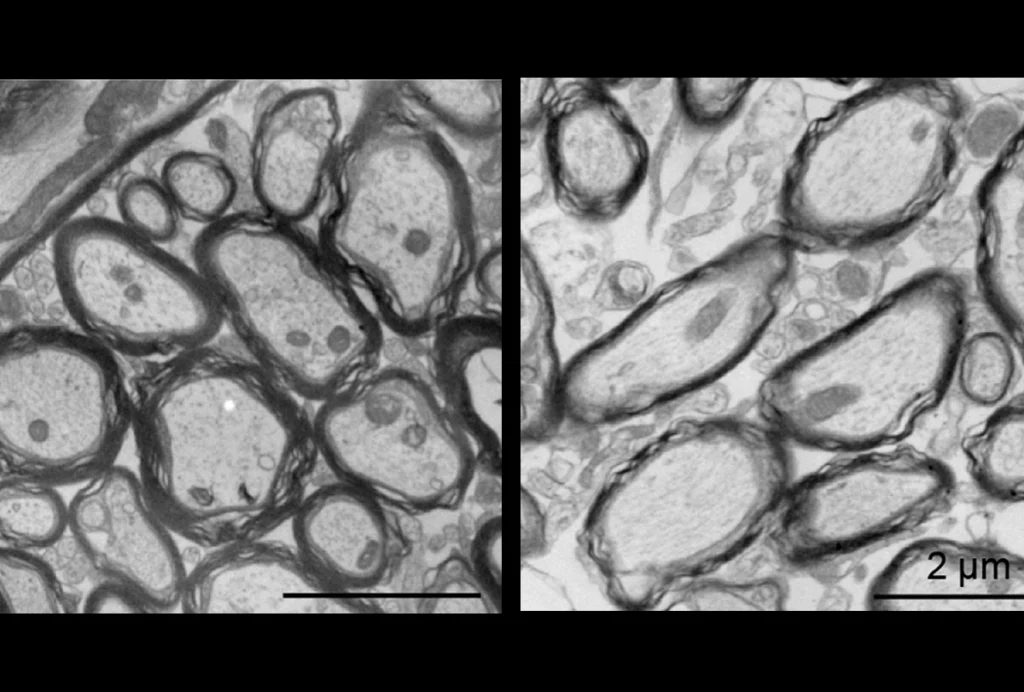
X chromosome inactivation; motor difficulties in 16p11.2 duplication and deletion; oligodendroglia
Here is a roundup of autism-related news and research spotted around the web for the week of 6 May.
Decoding flies’ motor control with acrobat-scientist Eugenia Chiappe
The tiny performers steal the show in Chiappe’s sensorimotor-integration lab in Lisbon, Portugal.
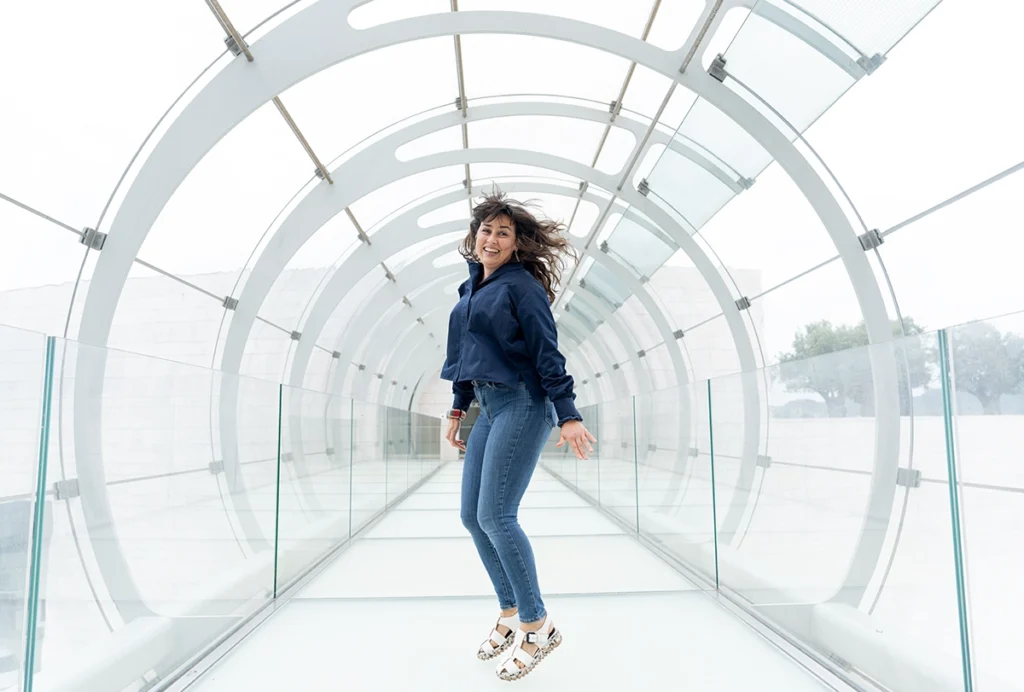
Decoding flies’ motor control with acrobat-scientist Eugenia Chiappe
The tiny performers steal the show in Chiappe’s sensorimotor-integration lab in Lisbon, Portugal.
Neuroscience needs a research-video archive
Video data are enormously useful and growing rapidly, but the field lacks a searchable, shareable way to store them.
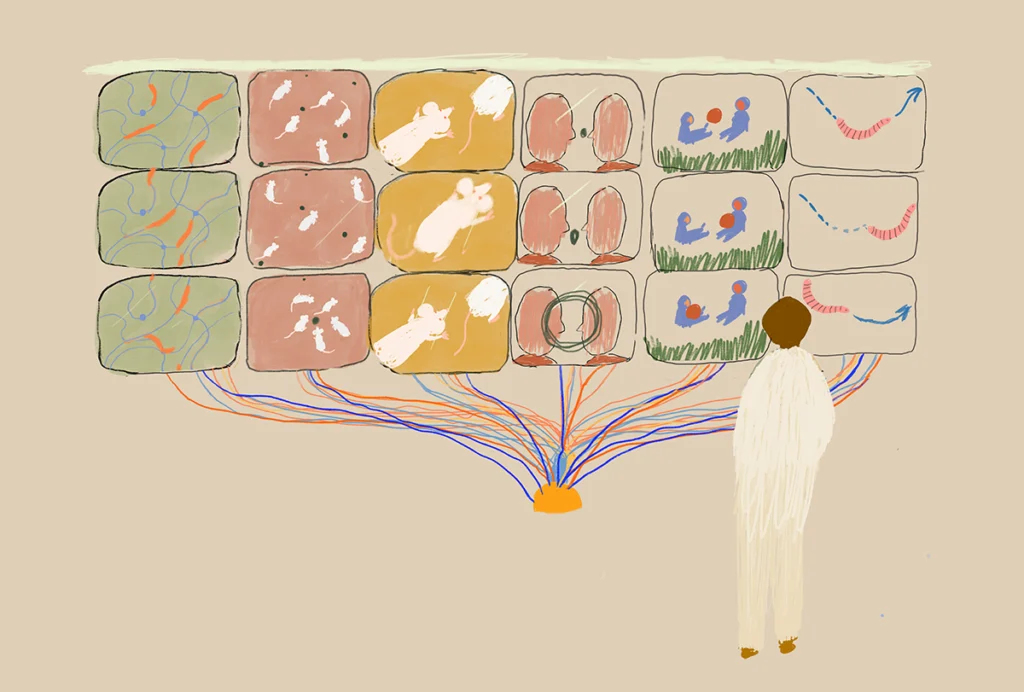
Neuroscience needs a research-video archive
Video data are enormously useful and growing rapidly, but the field lacks a searchable, shareable way to store them.